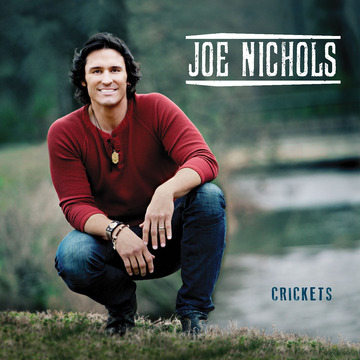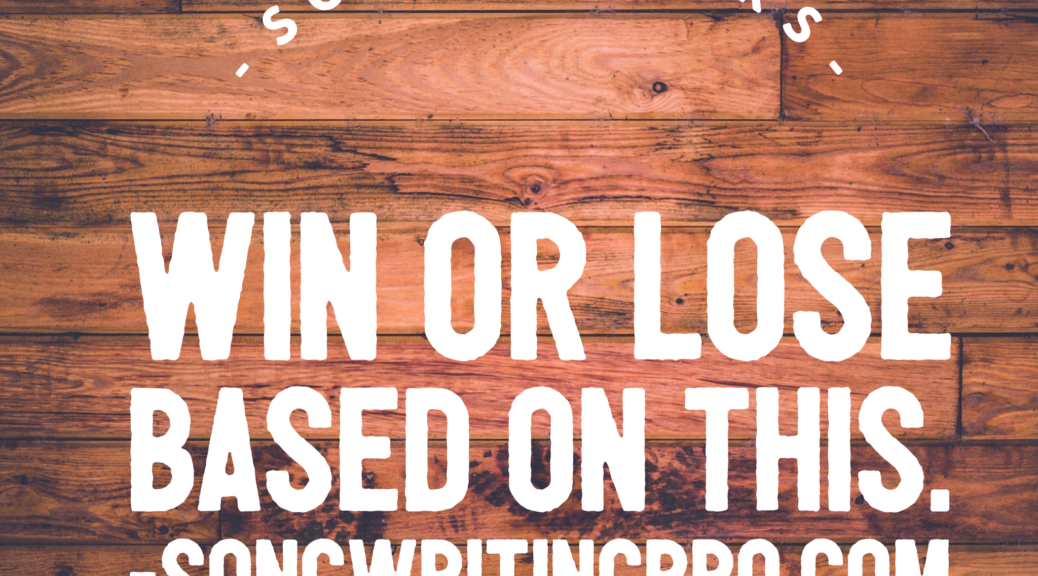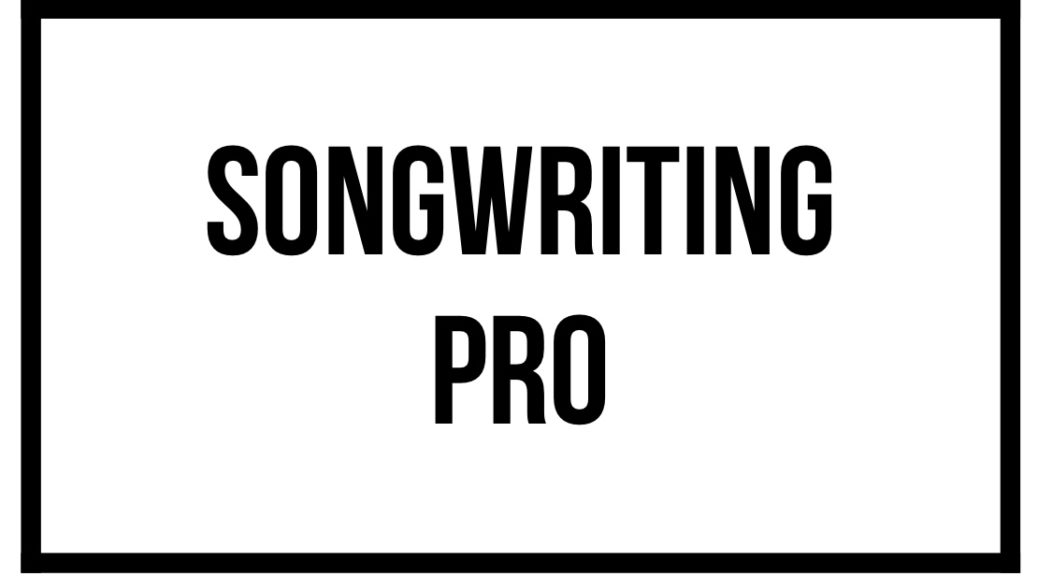
Even LeBron has a coach and a team.
Even Springsteen has The E Street Band. Even Han Solo (yep, a guy with the last name “Solo”) has Chewy. Scooby Doo has Shaggy and the gang. Heck, Kool has The Gang. And I have too many examples.
Here’s the deal. There’s a romantic notion about being a creative island- of being an artistic hermit who produces great art and sets the world on fire while never leaving their cabin in the mountains.
That might be fine if you just want to create for yourself or for the sake of creating. That’s great. But if you want your art, your songs, to connect with a larger audience… if you want your songs to get on the radio… you can’t be a lone wolf.
You need a community. Just like I do.

Over the years, my community (friends, cowriters, and music biz peeps) have introduced me to great cowriters that have become close friends. They’ve opened doors for me to get jobs and publishing deals. They’ve gotten record deals and have recorded my songs.
And, perhaps most importantly, my community has challenged me to become a better songwriter, and they’ve encouraged me when I felt like a lousy one.
There’s Mike Doyle, my first ASCAP writer’s rep, who told me that I had talent but also said I needed to keep working on the craft. There’s Neal Coty, who has continued to write with me and tell me, “I’m gonna get us a cut,” even when I’m frustrated. There’s Lisa Shaffer, who told Paul Compton he should consider me for a publishing deal when I was without one. And there’s Paul himself, who sent me back to the writer’s room on many occasions to dig deeper- to rewrite even when I didn’t want to. There’s Tim Meitzen, my first cowriter, who gave me the thrill of hearing my song played for an audience for the first time. There’s Sheree Spoltore at NSAI who introduced me to Ruthie Collins, who ended up becoming a friend, cowriter, and an artist on Curb Records. There’s Matt Cline, who has never failed to tell me I’m good enough- even when I’ve doubted it.
And there’s more. There are many friends and cowriters who have prayed for me and opened their hearts, guitar cases and hook books for me. They’ve made me a better songwriter, and they’ve made me a better person.
Do you have a community? If so, give them a shout-out in the comments or share this post with them and say “thanks.”
It can be hard to find a community sometimes- a group that understands the struggles of an aspiring songwriter. Folks who don’t just nod and say, “sorry, bro…” when you share a wall you’ve hit- folks that can really relate because they have bruises from those same walls. It can be difficult to find those people- especially when you live outside of a major music city like New York, LA or Nashville. I know- I lived in Arkansas in the days before social media.
I want to help you form a community. I’m putting together a small group to meet through a series of live, online, interactive video workshops called, “The C4 Experience.” We’ll meet (from anywhere in the world) online for a total of 8 hours over two months. I’ll lead our discussions, but everyone will be encouraged to participate- to share your struggles and victories, and to ask your questions. We’ll spotlight each of the 8 group members of the course of the C4 Experience, and we’ll work together to help each other grow as songwriters. It’s my hope that once the C4 Experience is over, you’ll stay in touch with each other, either as cowriters or as fellow travelers on the songwriting journey.
In short, we’ll start building a community. And you know how I feel about those.
Here are the details of the “C4X.”

“C4” stands for:
Creative
Commercial
Coaching
Community
The C4 Experience is about celebrating your creative spirit and sharpening your commercial songwriting, guided by expert coaching and encouraged by a supportive community.
Let’s look at each part of this:
Creative:
I want to celebrate you because I’m a fan of you! I love dreamers and doers. And while I take the craft of songwriting very seriously, I believe it should be fun. If you’ve ever been to one of my workshops or live events, you know I like to have fun while I’m teaching- so you can have fun while you’re learning. And I also believe you can be creative while being commercial, which brings me to the next “C.”
Commercial:
This workshop series is for songwriters that want to write commercially successful songs- either for yourself or for others to sing. By the end of this workshop, my goal is for your songwriting to be a lot more commercial.
Coaching:
Each two-hour session will begin with 30 minutes of teaching and a lesson review. Each lesson will be based on one of the four sections of “Cut/able.” You’ll do the reading and exercises before each workshop, and we’ll meet online to discuss the lesson and answer any questions. Each student will also receive 45 minutes of “spotlight coaching.” This is a time for us to focus on YOU- your situation, your challenges, and your songs. I’ll lead, but the other students can also give their advice.
Community:
The C4 Experience is limited to just 8 students, so there will be time to get to know everyone else in the group over our 8 hours together over 4 nights. You’ll encourage each other and probably find out that your challenges aren’t that different from anyone else’s. Successful commercial songwriting is a team sport, and this just may help you build that team.
HOW DOES C4 WORK?
The C4 Experience is an online event, so you can join in from anywhere there’s an internet connection. You do NOT have to be in Nashville. You can join us from anywhere in the world. We’ll meet via Fuze, an online videoconferencing platform. Basically, I’ll send you a link before each session, and you just click to join in. If you have questions, you can find out more about Fuze, here:
System requirements
Join Fuze meeting through an internet browser
We’ll meet 4 times:
Tuesday, January 12, 7:30pm to 9:30pm (Central time)
Tuesday, January 25, 7:30pm to 9:30pm (Central time)
Tuesday, February 9, 7:30pm to 9:30pm (Central time)
Tuesday, February 23, 7:30pm to 9:30pm (Central time)
Each night will begin with a 30-minute lesson from “Cut/able.” We’ll work through the workbook in order:
*Session 1- W.I.L.L.power: Proving Personality & Emotions Through Your Lyrics (Connect on a deeper level with the artist and listener through effective use of imagery.)
*Session 2- PUL’D To Success: The Value of Positive, Uptempo, Love/Depth Songs (Give the artists what they need, give radio what it wants, and give the fans what they like by learning the importance of writing positive, uptempo, love/depth songs.) Read more here.
*Session 3- Neighborhoods: Where Will You Build A Home For Your Songs? (Develop skills to identify an artist’s “brand” so you can write songs that fit that brand and speak to the artist’s core audience.) Read more here.
*Session 4- Fill The G.A.P.S.: Growth, Achievement, Preaching/Positioning, Songwriting (Pinpoint areas of opportunity within an artist’s catalog- slots you can fill with your songs, songs that fit the artist’s brand without being just like what they’ve already done.) Read more here.
After the lesson/Q&A, we’ll do two 45-minute spotlight coaching sessions. We’ll focus on one of the group members each session (two per night). Each of the eight community members will get his or her own spotlight over the course of the event.
The cost of the entire C4 Experience is $250, which is a great deal. It works out to $31.25 an hour (for 8 hours). I usually charge $150 for just one hour of coaching. But with C4, you get 4 30-minute lessons with Q&A and a personalized 45-minute spotlight coaching session. PLUS, you get to participate in the spotlight sessions of the 7 other songwriters. Believe me, there will be plenty you can learn from their sessions, too!
An average demo in Nashville currently costs anywhere from $500 to $1000. That’s just for ONE SONG. That’s a fine investment if your song is commercially strong. If it isn’t… you just wasted a lot of your money. Wouldn’t it be better to spend $250 to keep from wasting $1000 or more (again and again)? For less than the price of demoing one song, you can learn how to write song after song after song that’s worth demoing! And the friends you stand to make- the allies and traveling companions? What are they worth? You can’t even put a price on that.
BONUS!
Since we’ll be learning from my workbook, “Cut/able,” it only makes sense to give you a copy when you join C4. It sells for $25, but I’ll throw it in for free. (If you already own “Cut/able,” there’s a discount code in the back of the workbook. Use it at checkout, and it’ll knock $25 off the price, so it’s like you get it for free!) Click here to find out more about “Cut/able.”
Tickets for this event are on sale NOW. There are only 8 spots open, and I expect them to go fast- so don’t wait too long and miss your chance to take your songwriting to the next level!
I look forward to seeing you in January- CLICK HERE or on the image below to reserve your spot now!

God Bless and Enjoy the Journey,
Brent
Brent Baxter is a hit songwriter with cuts by Alan Jackson, Randy Travis, Lady Antebellum, Joe Nichols, Gord Bamford, Ruthie Collins, Ray Stevens, and more. He’s written a top 5 hit in the US and a #1 in Canada… so far.


























